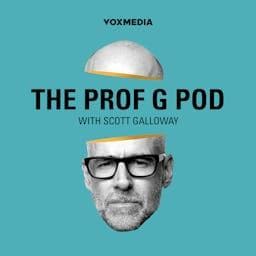Global economist Peter Middlebrook has advised governments in many nations on modernization and economic policy, including Malaysia, Indonesia, Egypt, Rwanda, Afghanistan, India, and the UK as well as the United Nations, the EU and the World Bank. He joins the Futurists to share his perspective about the current and future trajectory of capitalist economies and geopolitics. Topics include: the fate of 250 million displaced people; how governments drive up the cost of housing and other assets when they inflate away debt; what happens when Western nations attempt to combine capitalist economies with socialist policies; why Asia represents the greatest growth opportunity of the future; why the United States seeks to consolidate South America; why the BRIC nations are de-dollarizing trade; why the future economy is both hyperlocal and hyper global; the illusion of the free market and the growing significance of industrial policy; why multimillionaires are fleeing from the UK; why Western nations need strategic plans.



























